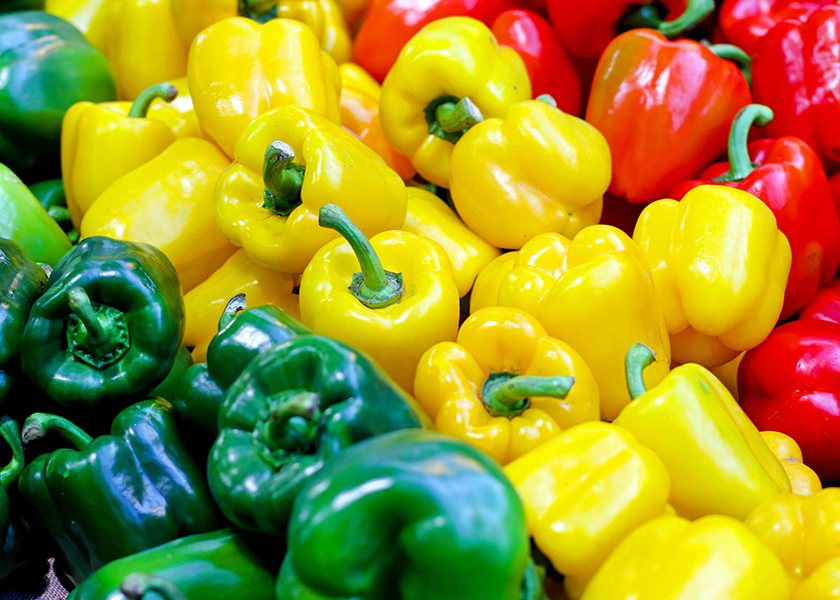West Mexico distributors on the upswing

The 2022-23 West Mexico produce season is gearing up, and the industry is ready.
There has been ample investment in warehouse updates and infrastructure improvements in Nogales and other port cities in the past few years, says Lance Jungmeyer, president of the FPAA.
“There is a sense that that the community is on an upswing,” he said.
Demand for Mexican produce has stayed strong, buoyed by high-quality produce from a variety of Mexican growing regions, Jungmeyer said.
West Mexico distributors face pressure from retailers to keep price increases at a minimum, at the same time Mexican produce growers also are facing rising wages and other input costs.
One boost to Mexican produce demand is the attrition of growers from U.S. growing regions, Jungmeyer said.
That, he said, is primarily due to a lack of water in the West and the lack of labor everywhere in the U.S.
With retailers and foodservice buyers looking for consistent supply, Jungmeyer said suppliers of Mexican produce are finding good interest, he said.
Coming off FPAA's annual meeting in early November, the association was celebrating several wins in the past year, the group’s leaders said, including:
- the opening of the $135 million flyover route in Nogales earlier this year, cutting 10 minutes to 12 minutes off each produce shipment in Arizona.
- pushing back against the commercial shipping inspections imposed by Texas Gov. Greg Abbott on Mexican truck shipments, including fresh produce, for more than eight days in April
- facing down a Section 301 Trade Investigation petition from the Florida congressional delegation. The Office of the U.S. Trade Representative ruled on Oct. 23 to reject the Florida petition
Investment payoffs
Long-term investments by growers in Mexico in drip irrigation, greenhouse technology and other advances have paid dividends, says Alison Moore, executive vice president of FPAA. Commodities like colored bell peppers, English cucumbers and high-quality squashes are just some of the items finding growing demand, she said.
Driven by proprietary branding in the tomato and pepper categories, several companies are involved with the integration of their produce supply from Canada, the U.S. and Mexico, Jungmeyer said.
Marketers want to have their offerings available year-round, and that has contributed to a diversification of growing areas.
In addition, retail consolidation gives marketers incentives to integrate their supply chain through wholly owned operations or strategic alliances, Jungmeyer said.
Looking ahead, Jungmeyer said that Mexican growers are paying attention to water issues, particularly as new manufacturing plants are built in North America and Mexico to reduce the U.S. dependence on Chinese manufacturing. Those plants will compete for water and other resources, he said.
Investment in automation also is a long-term priority for growers and distributors, Moore said.
While the FPAA was pleased that the Office of the U.S. Trade Representative rejected Florida’s petition for a Section 301 Trade Investigation, Jungmeyer said distributors are realistic that there may be more attempts to restrict U.S. trade with Mexico.
There are other avenues Southeast growers may attempt to slow imports from Mexico, he said.
“We’re not naive in the sense that we think that it is over,” he said, though he said FPAA is optimistic about the advisory committee that the USDA and USTR have agreed to create.
“We think that advisory committee needs to have good representation from all segments of the industry, not just the Southeast,” he said.
Moore said some Florida growers have invested in Mexico, in addition to farms in other U.S. states. That makes their involvement in attempts to slow U.S. trade with Mexico "head-scratching," she said.







